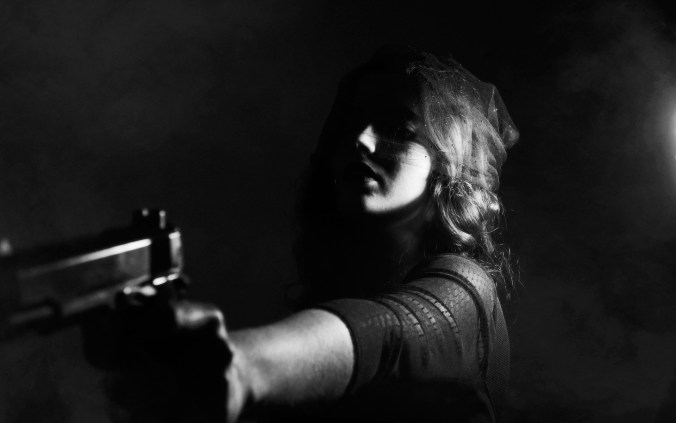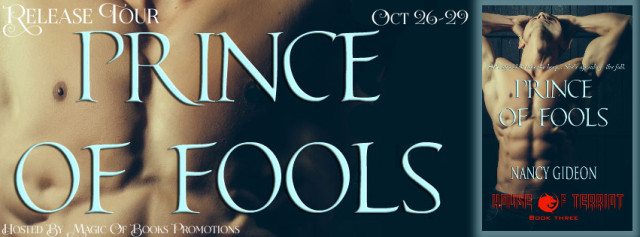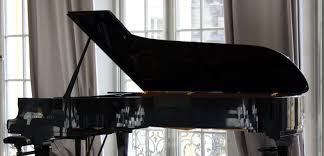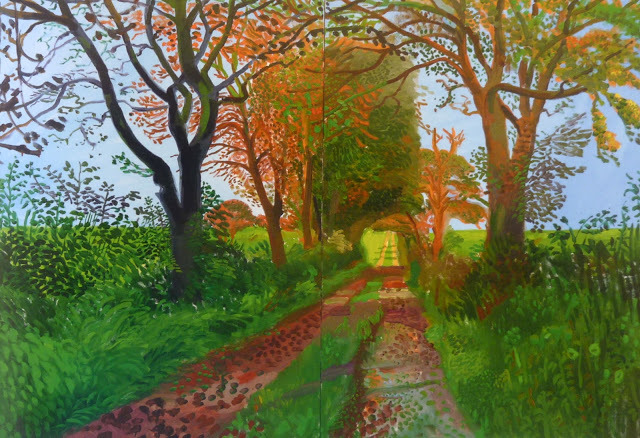There is money on the floor of my bedroom. Coins and notes. Whenever anyone comes over they joke about it. You must be rich, they say, to leave all this lying around. Untouched, unclaimed. I’m not rich, of course. Last week, however, I found four hundred and seventy pounds in Czech koruna on my bedside table. In my wallet is roughly two hundred pounds in Russian rubles. I’m not rich and yet my casual attitude towards money suggests otherwise, suggests a lack of need at the very least. And it is true, I don’t need it, not because I have so much as to make that word – need – meaningless, but because I was raised without it. I was raised without money, and so I am not in thrall to it. It’s almost as though I don’t understand its power. I feel detached from it; there is, for me, a sense of unreality about it. For eighteen years I lived without money, without ever buying anything, without ever coveting anything. When I was a child, for example, I thought that cars were mechanical creatures, completely independent of human beings. They existed on the roads, at a distance. It never occurred to me that you could own one. And I still don’t drive. Not once have I considered it, even though, quite clearly, I can afford the lessons.
“I am very interested in promotional items and free gifts,” continued the baron. “Also in trash. I have no income, you see, and a man with no income is bound to take a great interest in free gifts and trash.”
Published in 1977, Fatale begins with a hunting expedition, which, now that I think about it, is significant, is entirely appropriate, because a hunter is precisely what the central character, Aimee Joubert, is. Although you wouldn’t know it to look at her. She is described as being thirty or thirty five, as slim with ‘delicate features.’ She is, as with all noir leading ladies, attractive, appealing, sexual. Her smile, we’re told, is charming. But it isn’t just her smile that catches the eye. Naturally, many of the men in the novel are drawn to her; they want to help her, and fuck her too of course. Yet, as previously suggested, none suspect her of being a hired killer. This, for me, is what is most interesting about Aimee, for she bucks the trend of the wise-cracking, brazen femme fatale. In most noir novels that I have read one could not mistake these women for anything other than what they are: money hungry, immoral harlots who would kiss you hard and hit you even harder. That is part of the fun.
Aimee, however, although good looking and enigmatic, is fairly inconspicuous or certainly eager to blend in and observe. The hunter must not, of course, stand out too much, otherwise the prey might become spooked. It is also the case that often femmes fatales are weak women who act strong. Aimee, on the other hand, appears ‘fragile,’ and ‘feminine,’ while being, in reality, hard and durable, and almost manly [in private, at least]. She is, as noted, a killer for hire, but it’s not really that. It’s how, for example, she eats when she’s alone, voraciously, gracelessly, with food dribbling down her chin. It is how she speaks when the mask slips, bluntly, peppering her sentences with swear words. It is how she masturbates matter-of-factly. She is aggressive, but in a controlled way. She is, furthermore, well trained, expert, physically commanding. There is a scene in which she is shown to be using a chest-expander and throwing punches at a thick piece of cardboard.

The opening of Fatale, the hunting scene, is significant in a second, more subtle way. Aimee dispatches one of the men, the fattest of the bunch. Manchette insists upon his obesity, making it his critical, identifying feature. He writes about his ‘considerable backside,’ and describes how, when climbing down into a damp, narrow coomb, his ‘paunch pulled him forward.’ It strikes me that this is because fatness is associated with greed, and therefore with money, and these two things play a prominent role in the novel. Soon after disposing of the hunter Aimee bribes a porter. The man ‘fell prey to the charm of her smile and the fifty franc bill she held out to him.’ This is the first occasion, of many, where Manchette connects sex with money. For example, in the book’s most commented upon scene, Aimee strips naked in the private carriage of a train and rubs her sweaty body with her ill-gotten loot. The point, I think, is to suggest that money, like sex, is base, is dirty.
Certainly, the well-to-do inhabitants of Bleville are, with the exception of the baron, crooked and corrupt. They will do, and have done, anything to preserve their position, to further their position, and to make more cash. This is the circle that Aimee wants to infiltrate and ultimately bring down. When she first arrives, she talks to a realtor about purchasing property, while he is looking at her exposed knee. Sex and money again. The realtor is said to warm to her because he likes people ‘who take money seriously.’ The realtor is corrupt, of course. Aimee is too, let’s not forget, in the sense that she earns her pay by foul means. A Bleville sign impishly reads: KEEP YOUR TOWN CLEAN. Manchette mentions it frequently. It’s his little, yet not exactly subtle, joke. Money and dirt. It is telling that the scandal that threatens the successful Bleville men, and their wives, involves rotten fish. Telling that one man dies, towards the end, in a barrel of it, and Aimee, who is not without sin remember, rolls around in it. There is also another moment in the novel that is, for me, worth highlighting, which is when Aimee visits her mother. She wishes the old woman dead and yet brings her a present of an expensive sweater.
To say more about all this would perhaps ruin the book for anyone who wishes to read it. I may have ruined it already. In any case, I want to write something, before I finish, about Manchette’s style. I’ve already mentioned that his femme fatale is not the typical sort, but that is not the only way in which Fatale stands out. The noir genre generally trades upon a very specific, easily imitable, prose style. It is, as I have repeatedly stated in other reviews, broad-shouldered, punchy, and full of memorable lines. Manchette went another route. There is, first of all, not a single amusing wise-crack in the whole novel. Manchette wrote in short, often banal sentences, with an attention to insignificant detail that reminded me of Robbe-Grillet or Georges Perec. We learn nothing of his characters’ internal life, and yet we do know how fast the train is running and what Aimee’s weight is. More impressively, the author had a Flaubertian way of suggesting certain things without revealing them. For example, when a baby dies Aimee becomes panicky and upset, but her reaction is never explained. One has to guess, and I like that. I liked Fatale, all told. I’ll often think of it as I walk around my room, my cold feet stepping on the Queen’s coin.
Advertisements Share this:




